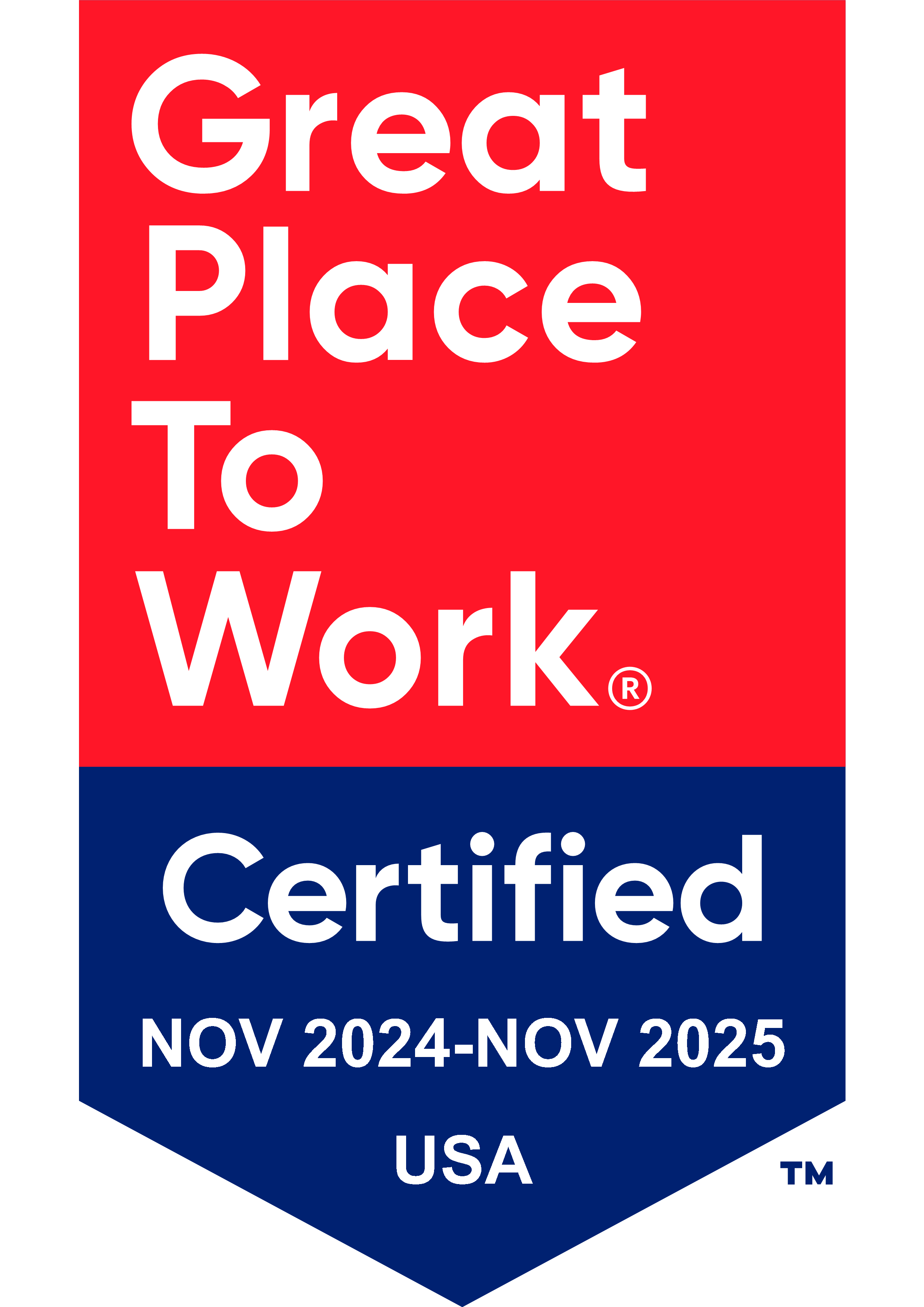Digital Transformation
Unlock Your Organization’s
Full Potential
We believe optimization of business processes comes from a foundational change in an organization’s approach to delivering value to its customers. Our modern technology stack has created new opportunities to integrate existing processes with new tools to increase organizational efficiency and effectiveness in meeting mission goals.

Want to know more?
Reach out to discuss how we can help with your mission
Digital Transformation
in government
With the growing need for the government to adopt and implement modern technologies, digital transformation has become the next big thing. In order to assist our government clients with these changes, we provide services in:
- Application Modernization
- Low-Code and No-Code Development
- Robotic Process Automation (RPA)
- DevOps, DataOps, and DevSecOps
- Continuous Integration/ Continuous Delivery (CI/CD) Engineering
Leading Transformation with Expert Services
Quality is injected into every piece of code we create through automation, integration techniques, and quality checks. This greatly reduces the amount of manual and UI testing required, generating a faster delivery. CI/CD release management practices are enhanced by enabling the use of containers and microservices architecture. This automation supports a unified build, stage, and testing processes to ensure continuous value. Our approach leverages best practices that have been developed over multiple federal program implementations including:


Continuous Integration (CI)
Analytica follows a software development practice known as CI where developers regularly merge their code changes into a central repository. We follow the Agile methodology, in which each Agile sprint results in the merging of code associated with a specific feature along with unit tests, updated regression results, and documentation.
Continuous Delivery (CD)
Analytica provides an automated build process where code changes are automatically built, tested, and prepared for a release to both test and production environments. Our best practices try to use identical environments for development, testing, and production whenever possible.
Infrastructure as code
In many Cloud-based production environments, Analytica extends the CD process to include a practice in which infrastructure is provisioned and managed using code and software development techniques, such as version control, and continuous integration.
Monitoring and logging
Many of our clients require insights into the automated build process, as well as insight into the performance of the application code and associated infrastructure performance. These insights affect the experience of their end-user, so it is important that they can understand tradeoffs such as cost vs performance vs reliability.
Communication and collaboration
Analytica establishes standard practices to ensure that our teams work closely together, build workflows, distribute responsibilities, and establish secure communication channels with our clients.
Security
All our CI/CD pipelines and related services are safeguarded and enforced with proper access control permissions.
Documentation
Analytica prepares guidance, documentation, templates, and communication materials to help our clients embrace changes and transformation. We use products focused on knowledge and technology transfer, where clients have the opportunity to offer a range of support to successfully implement the changes.
Our Methods
To support digital transformation, we provide implementation planning that builds upon mature DevSecOps techniques to deliver built-in security compliance with continuous integration, delivery, and deployment capabilities. With the business demand for DevOps, Agile, and Public Cloud Services, traditional security processes have become a major roadblock targeted for elimination, and sometimes the easiest to bypass altogether. Traditional security operates from the position that once a system has been designed, its security defects can then be determined by security staff and corrected by business operators before the system is released. During development, we anticipate using our client’s preferred DevOps tools for continuous integration and continuous delivery (CI/CD) in an Agile environment.
- Rapid, cost-effective software delivery
- Improved, proactive security
- Automation compatible with modern development
- Repeatable and adaptive processes
Relevant Insights

Enterprise Analytics Modernization
Enterprise-level business intelligence, data management, and analytics have evolved materially over the last few years. However, many organizations still maintain highly siloed data with limited self-service and enterprise-level data management and analytics capabilities. Analytica was engaged by a federal government client, the Department of Homeland Security (DHS), to help modernize their enterprise analytics capabilities and support the analysis of hundreds of millions of records from across DHS agencies. The client faced difficulty linking immigrant identities from the disparate records stored in more than four dozen separate data silos. Downstream, this hindered their ability to perform timely mission critical enterprise-level planning, prescriptive, and predictive analytics.

Affordable Care Act (ACA) Enterprise Data Engineering
The Patient Protection and Affordable Care Act (ACA) created new health insurance exchanges that began processing applications for coverage in 2014, creating large volumes of heterogenous data across Federal and State data sources. Our client, the Internal Revenue Service, is accountable for calculating and applying premium tax credits (PTC) to individuals and small businesses based on taxable income and insurance throughout the coverage period. They also use this data for matching and analysis to produce accurate measures of tax reporting, filing and payment compliance as well as decision-making and reporting to such external stakeholders as the Treasury, Congress, and the Government Accountability Office.

Modernizing Federal Applications and Platforms
Analytica leads the modernizing of federal applications and web platforms that incorporate a strong human centered design and focus on customer experience and citizen engagement as part of building modern data-centric, federal enterprise applications. Our client, the Internal Revenue Service, had an mission critical web application that was data-centric and had significant potential, but had low citizen and stakeholder engagement.

